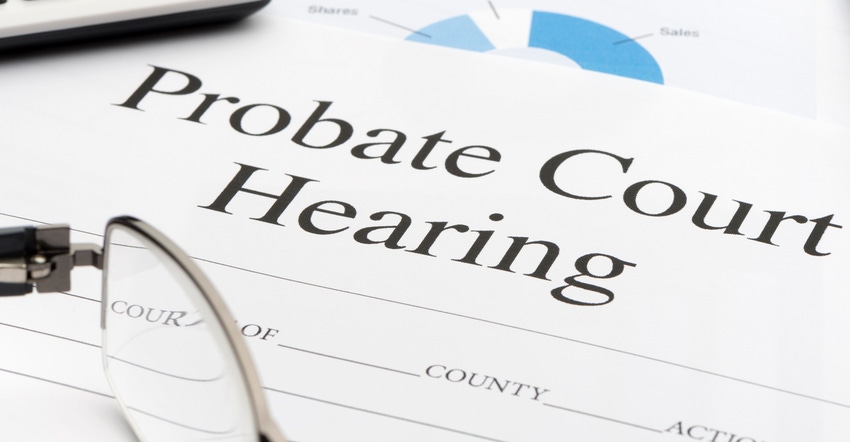September 29, 2022

When I work with clients on their estate plan, one of their main goals is that their intent is followed.
The following are some steps that can be taken to make sure someone does not challenge your plan, causing its validity to be questioned:
No appearance of influence. Make sure you are not being influenced by others, or that there is the appearance of influence by others when making the estate plan. A person who is making an estate plan should be free of the influence of heirs or other interested persons when making and executing their plan.
Proper execution. Execute the estate plan documents properly. It is recommended to use a qualified legal representative to oversee the execution of your estate plan documents.
Know and understand. Ensure there is proper capacity to sign the estate plan documents. When executing the estate plan, it is required that you know your assets, recognize your family relationships and understand the effect of the documents you are signing.
Review all documents. Review the documents so you know what the documents say, and you are sure they have the terms and provisions you desire.
Tell your family. Let family members know that you have an estate plan. This does not mean you need to tell family members all the details of the plan. Simply telling your family that you have created a plan and that it reflects your wishes can give them the surety that the plan is what you desired.
Protect beneficiaries. Use protective trusts instead of disinheriting risky beneficiaries. When you are unsure about making distributions to beneficiaries who may have financial problems, family troubles or other legal issues, use a protective trust rather than disinheriting the person. This way they still receive the assets you would like to give them, and the assets are protected from the beneficiary’s personal risks.
No-contest clause. Use a “no-contest” clause to prevent challenges to your plan. These clauses essentially provide that a beneficiary who attempts to invalidate the plan in court will be disinherited if their arguments to invalidate the documents are frivolous.
Minimize risk. Use less risky estate plan techniques. Generally, it is more difficult to challenge a trust than it is a will. A reason for this is that wills are probated in court and trusts are not. The probate process of a will is a public forum, giving the heirs and beneficiaries more opportunity to challenge the terms of the will.
Keep current. Keep your plan updated. This will help people know these decisions are your current wishes.
Balzarini is an attorney at law with Miller Legal Strategic Planning Centers, a division of Hellmuth & Johnson. Contact him at [email protected].
About the Author(s)
You May Also Like






